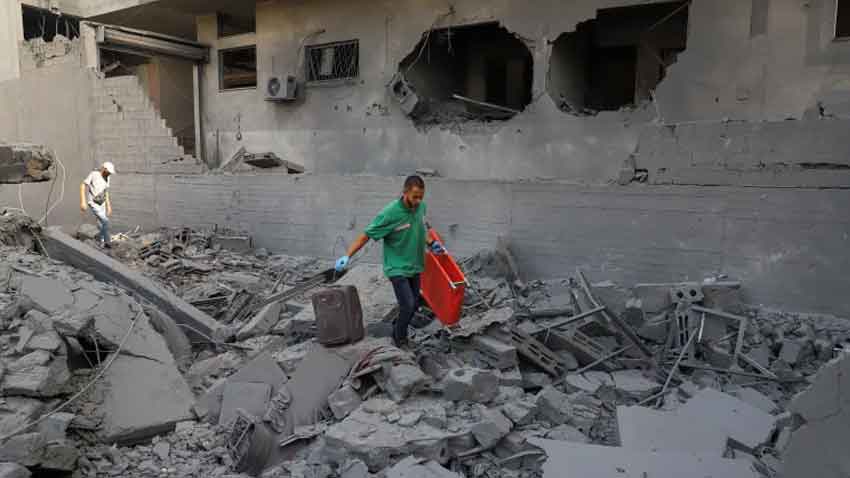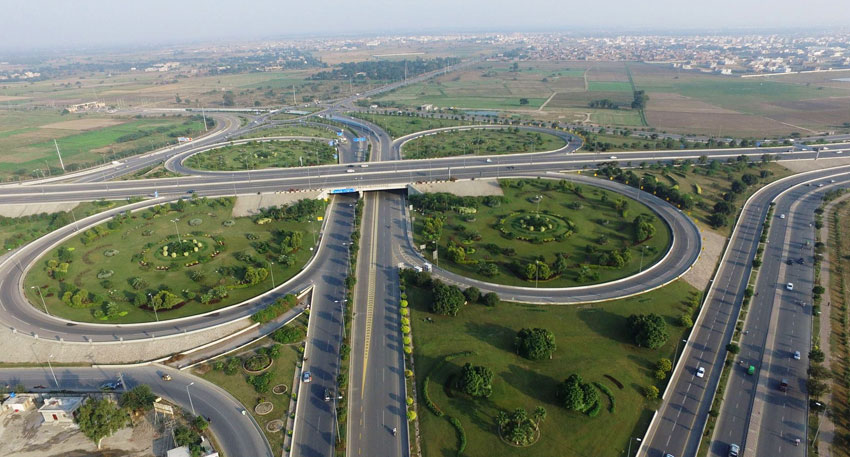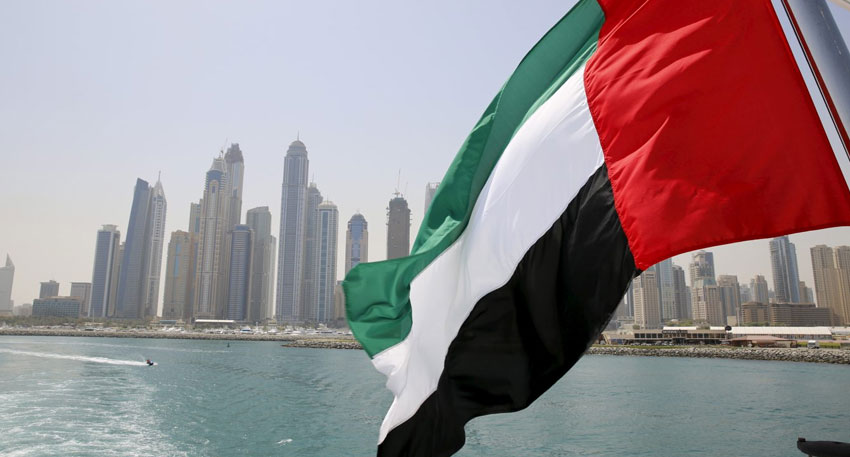
According to international agencies, Israel’s war on Gaza has now claimed 67,074 lives and left 169,430 injured since it began in October 2023. Thousands of victims remain trapped beneath collapsed buildings, while families continue to search for loved ones.
In Israel, 1,139 people were killed and around 200 were taken captive during the October 7 attacks, marking the beginning of this prolonged conflict.
Amid mounting pressure, Hamas has officially submitted its response to US President Donald Trump’s Gaza peace plan. The group reportedly agreed to hand over Gaza’s administration to Palestinian technocrats and release all Israeli captives. However, the proposal did not address the issue of Hamas’s disarmament. The organization stated it was ready to “immediately enter negotiations through mediators.”
In a televised message, Trump said he believes Hamas is ready for a lasting peace, urging Israel to immediately stop bombing Gaza. His statement has sparked cautious optimism among Palestinians, who hope to finally see an end to the bloodshed.
Desperate Hope Amid Destruction
Palestinians are longing to return home, even though many of their houses lie in ruins after months of continuous bombing. Israeli forces have used explosive robots and heavy munitions to destroy entire neighborhoods, leaving behind vast stretches of rubble.
During the brief ceasefire phase earlier this year, many Palestinians pitched tents on top of the debris of their destroyed homes, saying it made them feel closer to what once was their life. Despite knowing they have lost everything, they hold on to hope of reclaiming normalcy.
The humanitarian crisis in Gaza continues to worsen. Food and clean water are scarce, hospitals are overcrowded, and medical supplies have nearly run out. Thousands of patients are waiting for treatment while health services collapse under the pressure.
Global Reaction and a Glimpse of Peace
World leaders and organizations have cautiously welcomed Hamas’s response to Trump’s proposal, calling it a possible turning point in the two-year-long war.
Tedros Adhanom Ghebreyesus, head of the World Health Organization (WHO), praised the peace efforts, saying that “the best medicine is peace.” He added that WHO supports “an immediate end to the war, release of all hostages, resumption of humanitarian aid, and reconstruction of hospitals.”
The international community now watches closely, hoping the latest developments will finally bring peace to a region devastated by endless conflict.
Hamas’s response to Trump’s plan has injected a small but significant ray of hope into Gaza’s grim reality. While Israel’s relentless bombings continue, the growing international pressure and global calls for ceasefire could push both sides toward negotiation. For millions of Palestinians trapped in destruction and despair, even a fragile truce could mean the beginning of rebuilding life from the rubble.




